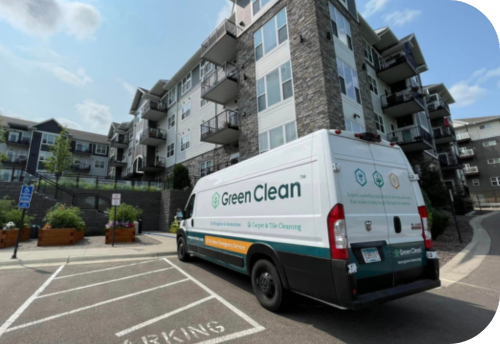Whether you are a condo owner or a property manager, there are a few maintenance needs that are different from single-family homes. There are unique responsibilities that come with protecting these properties and their residents. One important factor to consider is water damage.
Water damage is, unfortunately, very common in Minnesota condo communities. In fact, it is the most common type of insurance claim made for this type of residence. Condo communities have so many pipes, toilets, sinks, washing machines, hot water heaters, and dishwashers…Countless opportunities for water leaks to occur!
Water leaks can have a bigger impact in these situations because one leak can also cause destruction in the units adjacent to and below the affected unit. There is also potential for the building’s common elements, shared utilities, and structural elements to be damaged by a single leak. If you want to know more about how to protect your property, read on.
In order to prevent water leaks in your condo, you need to understand how they typically occur. Here are eight of the most common sources of water damage in condominium communities.
Leaking and Burst Plumbing
Burst pipes and everyday leaks in condominium buildings have the potential to cause damage to multiple units, particularly if they go unnoticed over time.
Roof Leaks
The flat roofs that many condo buildings have are susceptible to water pooling and leaking through cracks or other damaged areas.
HVAC System Leaks
Heating, Ventilation, and Air-Conditioning (HVAC) systems in condominium buildings can have large and complex designs that pass through multiple units. Air conditioning drain lines, in particular, often leak and cause water damage.
Sprinkler System Issues
Many large condominium communities have sprinkler systems for fire protection that can leak slowly or accidentally discharge large amounts of water.
Window and Door Seals
Particularly during rain storms with a lot of wind, water can enter sealed areas like windows and doors.
Balcony Drainage
If your condo has balconies on the upper floors, the balcony drain lines can get clogged and prevent water from flowing out. This standing water will eventually often leak into the units below.
Appliance Leaks
Hot water heaters, dishwashers, washing machines, ice makers, and water filters can all leak or overflow and cause water damage.
Poor Maintenance Plans
Condo building managers and owners need to complete regular inspections, scheduled maintenance projects, and prompt repairs in order to prevent water damage from growing or even occurring in the first place.
If you overload your washing machine and it leaks, it’s pretty easy to understand that you will be responsible for the damage. What about water that comes from your upstairs neighbor’s bathtub or from the roof that is maintained by the community? Unfortunately, this simple question does not have a simple answer. Some types of damage will be covered by the community or association, but other types of damage will be the owner’s responsibility:It all depends on where the water damage came from, how much damage was caused, and the condominium’s governing documents.
Generally speaking, the community or association will be responsible for repairing damage that comes from common elements such as leaks in roofs. Owners are typically expected to repair damage that occurred or originated within them. However, in cases where the leak started outside of a unit, responsibility may be shared among multiple parties. The best thing to do is to review your community’s governing documents carefully and make sure you have adequate insurance coverage to protect your home from all types of situations.
While you can take steps to prevent water damage that originates in your own unit, leaks and other problems coming from neighboring units may be out of your control. It’s important to develop relationships with your neighbors and participate in your homeowner’s association maintenance decisions. Preventing a leak elsewhere in your building may mean avoiding significant damage to your home as well. If you do find yourself faced with water damage in your individual condo or entire community, Green Clean is here to help. We have the team, tools, and fast response time needed to make quick work of big projects. We are experts at leak detection, moisture measurement and removal, and complete restoration services. Contact us today to learn how we can help you and your entire community.
Prev: Signs and Causes of Ceiling Water DamageNext: Basement Flooding In Spring: What Minnesota Homeowners Need To KnowView All Resources